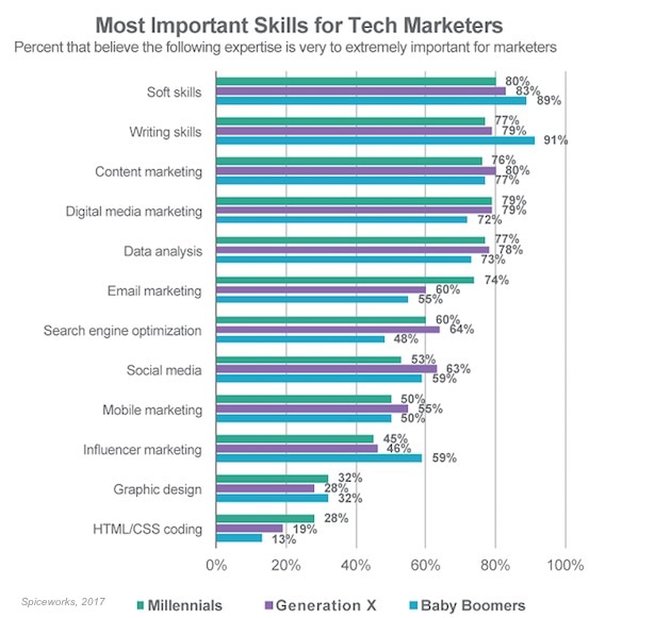|
By: Brianna Valleskey The human brain loves stories. They help us connect with others and make sense of the world. They shape our opinions and move us to action. The best stories bond us with strangers and fictional characters across space and time, allowing us to sympathize - or even empathize - with people we've only met through the magic that is storytelling. And there's science behind why. Earlier this century, neuroeconomist Dr. Paul J. Zak and his lab studied why stories affect people so deeply. The key? How a story is told. To create a connect between the characters and audience, a story must both grab and retain their attention. This bond causes the audience to share the emotions of characters, and even mimic those feelings after the story is over. Even after it's over! That's how powerful stories are. What caught my attention was how Zak described the significance of these findings in a Harvard Business Review article: "These findings on the neurobiology of storytelling are relevant to business settings. For example, my experiments show that character-driven stories with emotional content result in a better understanding of the key points a speaker wishes to make and enable better recall of these points weeks later. In terms of making impact, this blows the standard PowerPoint presentation to bits. I advise business people to begin every presentation with a compelling, human-scale story. Why should customers or a person on the street care about the project you are proposing? How does it change the world or improve lives? How will people feel when it is complete? These are the components that make information persuasive and memorable." Every marketer, advertiser, public relations manager and communications manager should take this to heart: There is power in a story, as well as the art of communicating one well. This is something we've anecdotally known for ages. Recent data from Spiceworks shows that the most valuable skills for B2B tech marketers (a particularly competitive field) are soft skills, writing skills and content marketing skills. Across generations, marketers agree that the basic elements of storytelling and communication are imperative to their job. Stories engage our mind and spirit, as well as act as an effective means of transmitting information. That's why they are passed down through generations and centuries, and perhaps also explains why many journalists become effective public relations professionals - they are technically trained in the storytelling arts.
For anyone in the fields of marketing, PR and communication, remember that stories are your most powerful weapon. Go save the world. “Stories can conquer fear, you know. They can make the heart bigger.” - Ben Okri
1 Comment
|
AuthorFearless Thoughts are my insights on marketing, entrepreneurship, startups, business growth, creativity and whatever else comes to mind on any given day. Writing is how I make sense of the world. Archives
March 2022
Categories
All
|

 RSS Feed
RSS Feed
